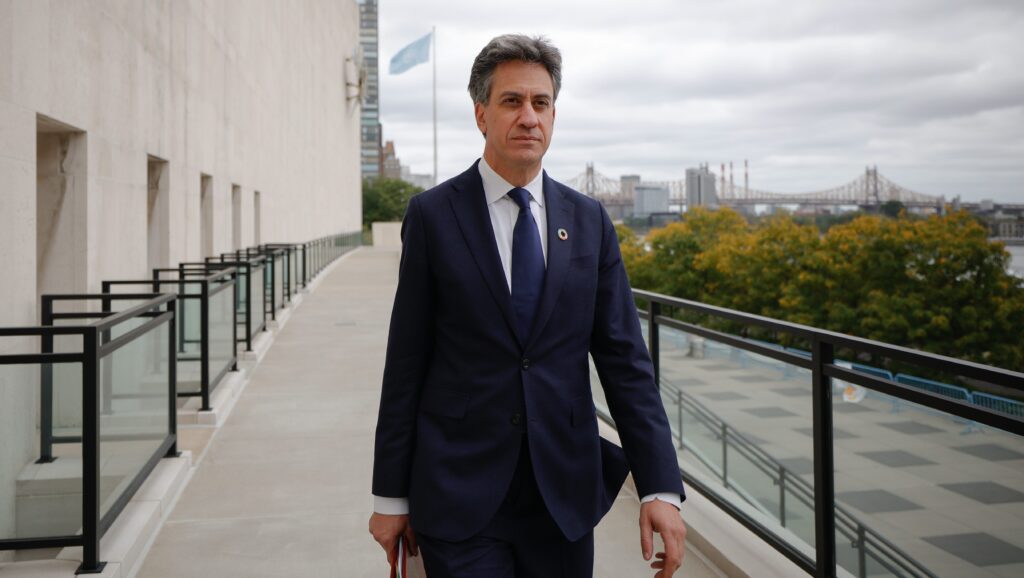Climate Change Challenges: Navigating the Path to Sustainable Solutions
Hurricanes that rapidly intensified over warm waters have devastatingly impacted the United States, causing numerous casualties and billions in damages. Such catastrophic weather events have sparked global discussions about climate change and its undeniable impacts.
Despite the massive destruction observed in Florida from Hurricane Helene in September, former President Donald Trump remained skeptical about climate change, even as he successfully campaigned for the presidency. Trump’s stance raises concerns about the United States’ commitment to international climate agreements.
The United States, responsible for significant greenhouse gas emissions, is anticipated to retreat from the Paris Agreement, a pivotal accord established in 2015 aimed at mitigating severe climate change effects. This withdrawal could hinder the nation’s ability to propose more aggressive climate action plans ahead of the COP30 summit in Belém, Brazil, in November 2025.
The Paris Agreement enjoins countries to enhance their “nationally-determined contributions” by 2025. However, current commitments are insufficient, potentially leading to a global temperature rise of about three degrees Celsius by century’s end—a level last seen during the Pliocene Epoch, which experienced significantly higher sea levels.
At the COP29 summit in Baku, Azerbaijan, in November 2024, nations struggled to secure increased financial aid for developing countries to bolster their climate initiatives. In the face of potential U.S. withdrawal, many countries may look to the European Union and China for leadership in climate action.
Although China leads in greenhouse gas emissions, it also excels in renewable energy deployment and electric vehicle adoption. Meanwhile, the United Kingdom’s new Labour government has pledged significant cuts in greenhouse gas emissions, aiming for an 81% reduction by 2035 compared to 1990 levels. This commitment was announced in Baku as part of their strategy to showcase global climate leadership.
To achieve these ambitious goals, the UK plans to eliminate power sector emissions by 2030 through a significant expansion of renewable energy. Yet, challenges remain, including the need to develop infrastructure to connect new wind and solar farms to the grid. Additionally, the UK government aims to accelerate the adoption of zero-emission technologies, such as electric vehicles and heat pumps.
The initiative faces further hurdles, particularly concerning electricity costs, which are higher in the UK than in many other nations. The reliance on natural gas, a more expensive energy source compared to renewables, often dictates electricity pricing. With energy costs projected to rise in January 2025, the UK is poised to improve its energy security and economic outlook by reducing dependency on costly fossil fuel imports, transitioning to affordable domestic renewable energy.
The hope remains that other countries will follow the UK’s example by 2025, contributing to a global shift towards sustainable energy practices, a decade after the Paris Agreement set the goal of curbing greenhouse gas emissions.
Bob Ward is policy and communications director at the Grantham Research Institute on climate change and the environment at the London School of Economics and Political Science.
Do you have a story to tell or opinions to share about this? Get in touch and tell us more. This Christmas, you can make a lasting change on a vendor’s life. Buy a magazine from your local vendor in the street every week. If you can’t reach them, buy a Vendor Support Kit.
Original Story at www.bigissue.com
